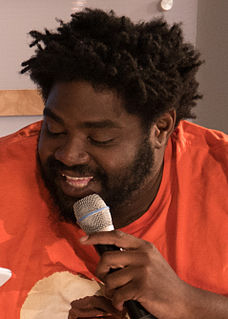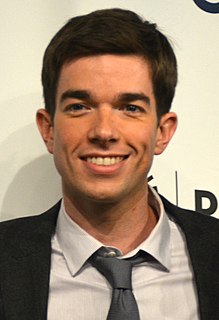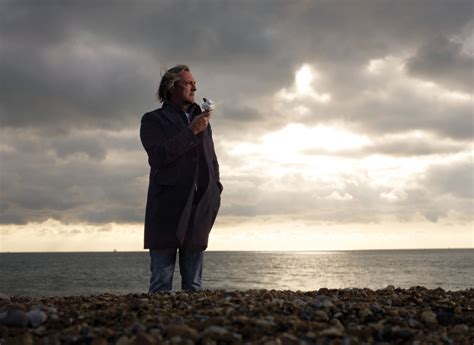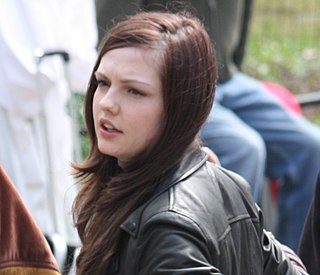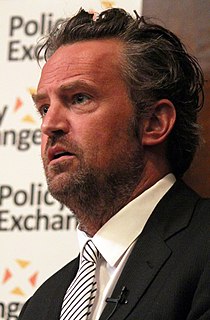A Quote by David Walliams
I don't think comedy is necessarily an attack. It's finding humour in life. I don't think if you're making a joke about something you're automatically demeaning it.
Related Quotes
I think Amy Poehler and Tina Fey have done so much for women in comedy in the sense that they've normalized it. You don't think, 'I'm going to watch that comedy starring a woman,' you think, 'I'm going to watch that funny show.' They refuse to play the foils for men, or be reduced to the butt of every joke, and I love that about both of them.
You hear people talking about a Scottish sense of humour, or a Glaswegian sense of humour, all sorts of countries and cities think that they've got this thing that they're funny. I read about the Liverpudlian sense of humour and I was like, 'Aye? What's that then?' You get that and you especially hear about a dark Glaswegian sense of humour.






